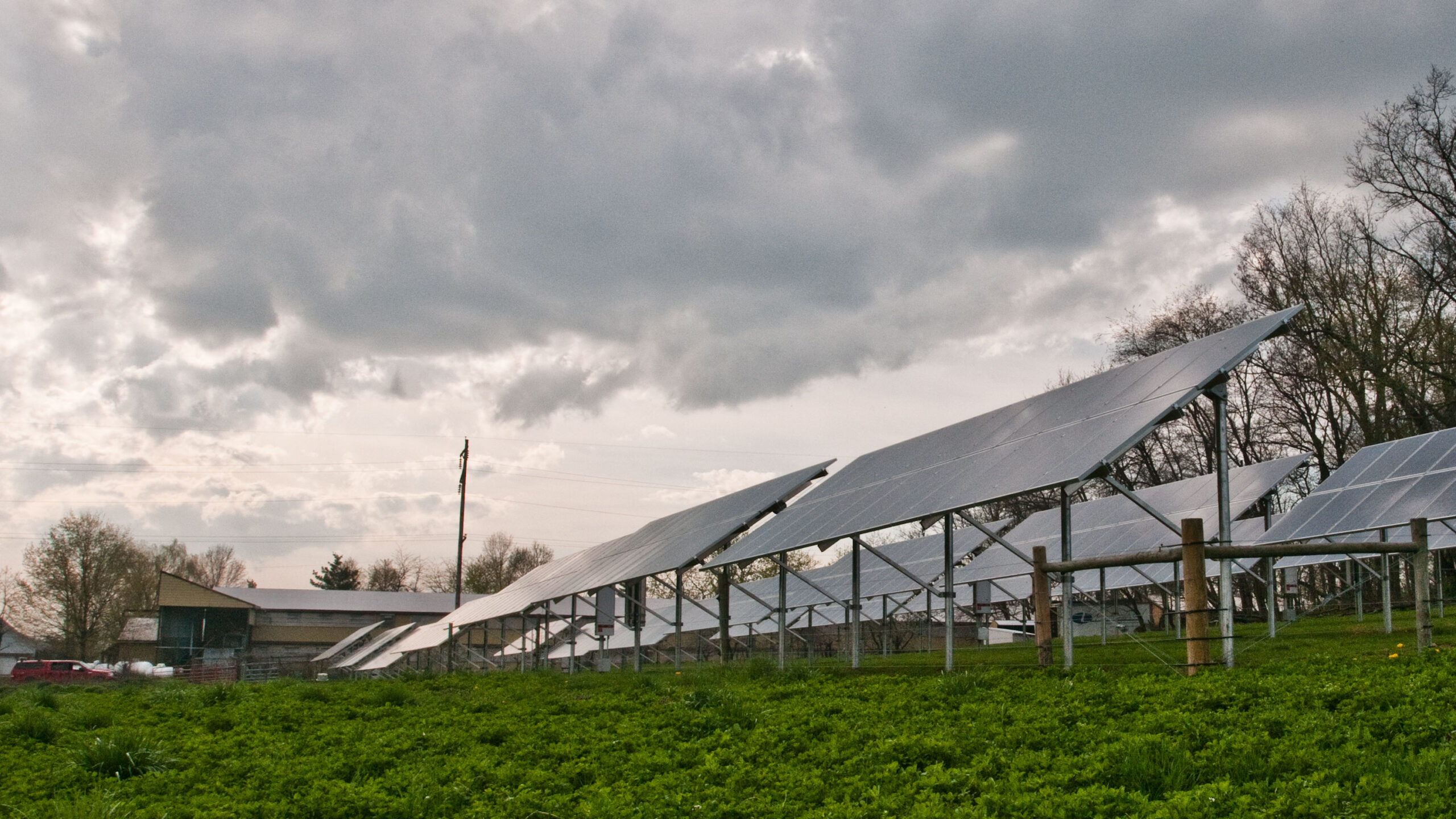- 11 Historic Wildfires That Changed Fire Management Data Reveals - October 4, 2025
- The 1883 Krakatoa Event And Its Global Weather Effects Records Show - October 2, 2025
- How Scientists Use Climate Models To Forecast The Future - October 2, 2025
The shift towards clean energy is not just about protecting the environment; it also offers significant economic benefits for US households. This article delves into the various ways in which adopting clean energy solutions can positively impact household finances and the broader economy.
Reduced Energy Bills
One of the most immediate benefits of clean energy for households is the reduction in energy bills. By investing in energy-efficient appliances and home improvements, families can see substantial savings. For example, installing rooftop solar panels can drastically cut electricity expenses. Similarly, improving home insulation ensures that less energy is wasted on heating and cooling, leading to lower utility bills. Over time, these savings add up, freeing up household budgets for other essential needs. It’s like sealing up a leaky bucket, where every drop saved adds to the overall efficiency. Households can witness these changes almost immediately, making the initial investment worthwhile.
Job Creation and Economic Growth
The clean energy sector is a powerhouse of job creation, driving economic growth across the nation. Renewable energy projects, such as wind and solar farms, require a workforce for construction, maintenance, and operation. This spurs employment opportunities in various industries, from manufacturing to engineering. As these projects expand, they stimulate local economies, injecting new life into communities. Think of clean energy as a new engine revving up the economy, creating a ripple effect that benefits everyone. The jobs created are not only numerous but also diverse, catering to a wide range of skills and expertise.
Increased Energy Independence

Adopting clean energy sources enhances national energy independence by reducing reliance on imported fossil fuels. This shift shields households from the volatility of global oil and gas prices. With renewable energy, the power to generate electricity lies within the country’s borders, making it less susceptible to international market fluctuations. It’s akin to planting your own vegetable garden rather than relying on imported produce. This independence ensures a more stable, predictable energy landscape for households, providing peace of mind and financial stability.
Access to Community Solar Programs
For households unable to install rooftop solar panels, community solar programs offer an enticing alternative. These projects allow individuals to benefit from shared solar installations, leading to reduced electricity costs. Community solar acts as a collective effort, where multiple participants share the benefits of a single solar array. This setup democratizes access to renewable energy, making it available to renters and those in multi-unit dwellings. By participating in these programs, households can enjoy the perks of solar energy without the need for individual installations.
Long-Term Economic Benefits
Transitioning to clean energy brings with it a host of long-term economic benefits. Reduced energy costs over time contribute to household savings, while improved public health results in lower healthcare expenses. Clean energy initiatives also drive increased economic activity, as investments in renewable technologies continue to grow. It’s a domino effect where each benefit leads to another, creating a cycle of prosperity. Over the years, these advantages accumulate, providing a stable economic foundation for future generations.
Enhanced Property Values
Homes equipped with renewable energy systems often see an increase in property value. Prospective buyers recognize the long-term savings associated with energy-efficient homes, making them more attractive in the real estate market. A home with solar panels, for instance, becomes a desirable asset, much like a car with excellent fuel efficiency. As awareness of environmental issues grows, more buyers are seeking properties that align with their values. This trend boosts the appeal and marketability of homes with clean energy solutions.
Health Cost Savings
Reducing reliance on fossil fuels leads to decreased air pollution, resulting in significant health cost savings for households. Cleaner air contributes to lower rates of respiratory and cardiovascular diseases, reducing medical expenses. It’s akin to breathing fresh mountain air rather than smog-filled city air. With fewer health issues, families can allocate their resources to other priorities, enhancing their quality of life. This health benefit underscores the holistic value of clean energy, extending beyond financial gains to improve overall well-being.
Resilience Against Energy Price Volatility
Renewable energy sources, such as wind and solar, offer stable and predictable costs, providing a buffer against energy price volatility. Unlike fossil fuels, whose prices fluctuate based on global events, renewables maintain consistent pricing. By investing in clean energy, households can protect themselves from unpredictable price surges, ensuring more stable utility bills. This stability acts as an economic anchor, helping families plan their finances with confidence. It’s like opting for a fixed-rate mortgage instead of a variable one, offering peace of mind and predictability.
Access to Financial Incentives
Various federal and state programs offer financial incentives to encourage the adoption of clean energy solutions. These incentives, including tax credits and rebates, can significantly offset the initial costs of renewable energy installations. It’s like receiving a discount on a high-quality product, making it more affordable. By leveraging these programs, households can make the transition to clean energy without breaking the bank. This support makes renewable technologies accessible to a wider audience, promoting widespread adoption.
Support for Local Economies

Investing in local renewable energy projects stimulates economic activity within communities. This support leads to job creation, keeping energy expenditures within the local economy. It’s like shopping at a local farmers’ market instead of a national chain, ensuring that money stays within the community. As these projects flourish, they foster economic growth and stability, creating a vibrant local economy. By embracing clean energy, communities can build a sustainable future that benefits everyone involved.

